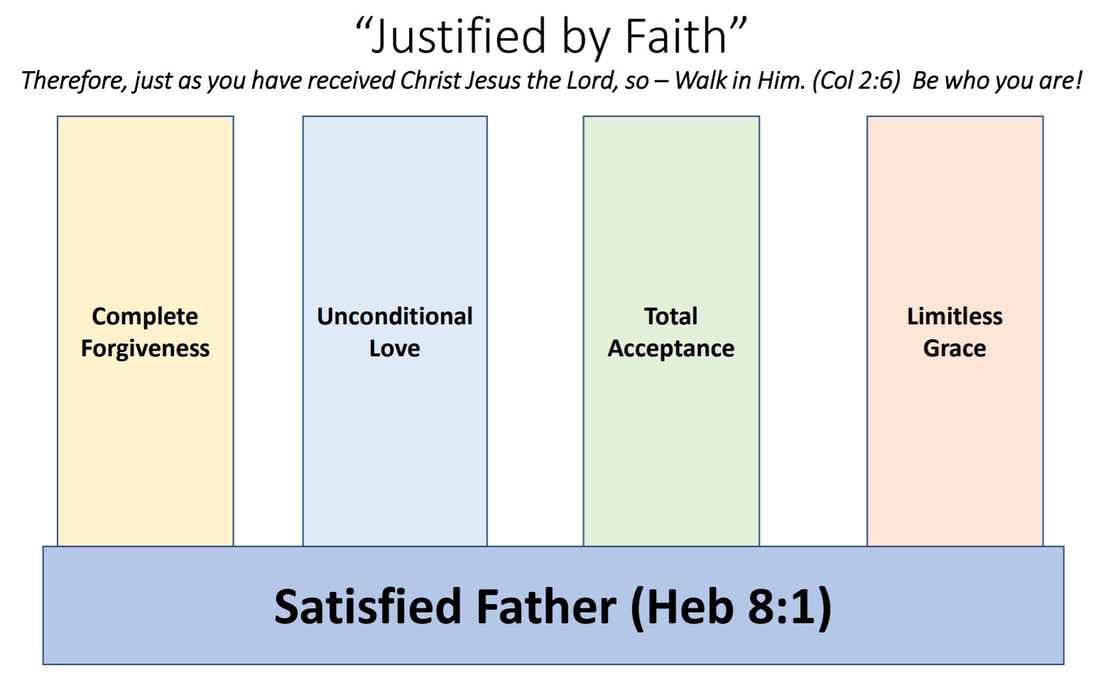| Teacher: Kevin Willard Series: Romans (Acts) |
Rusty's Notes from Kevin's Message | |
- Romans 5:1 - Therefore, since we have been justified by faith, we have peace with God through our Lord Jesus Christ.
- Chasing the phantom of being a “good Christian”
- ‘97 - Matthew 6:15 - If you don’t forgive then God won’t forgive you.
- Grace journey started - 4 Important Lessons:
- 1) Complete forgiveness - Ephesians 1:7-8 & 1 Peter 3:18 & Hebrews 9:28
- 2) God’s unconditional love - 1 John 4:16 & Ephesians 3:17-19
- 3) Total Acceptance - Ephesians 1:6 Be > Do vs Do > Be
- 4) Limitless grace - Romans 5:20 & Titus 2:11-12 - Grace is not distributed like a commodity. It is a person. Jesus.
- 5) Satisfied Father - Hebrews 8:1


 RSS Feed
RSS Feed